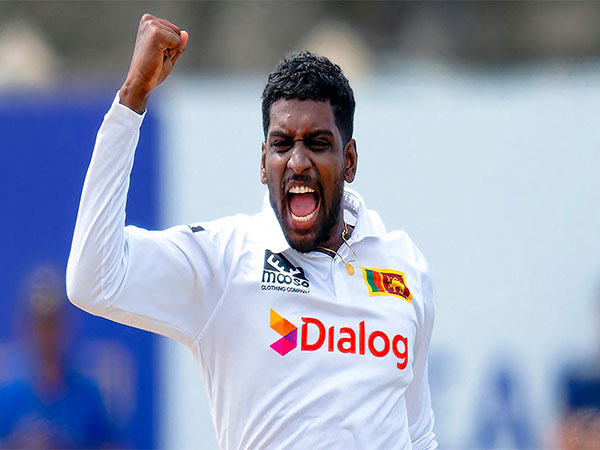Sri Lanka's Winds of Change: New Leadership and Economic Challenges
In a historic moment for Sri Lanka, Anura Kumara Dissanayake becomes the president, the first from outside the two dominant political parties since independence. With a nation struggling economically, Dissanayake faces significant challenges, including renegotiating terms with the IMF amid public dissent over austerity measures.

- Country:
- United Kingdom
In a landmark event for Sri Lanka, the country witnessed its first presidential election since mass protests ousted the previous president, Gotabaya Rajapaksa, in 2022. Anura Kumara Dissanayake, leading the National People's Power alliance, emerged victorious, breaking a long-standing political tradition by rising to power without affiliations to the two major parties that have historically dominated Sri Lankan politics.
Amid the staggering economic crisis, Dissanayake's presidency is saddled with significant challenges, chiefly managing a controversial IMF bailout negotiated by his predecessor. With public discontent growing over stringent austerity measures and economic restructuring, Dissanayake is under pressure to renegotiate and realign economic policies with the people's needs.
The new president's immediate actions included appointing an interim cabinet and dissolving the 225-member parliament, setting the stage for general elections. His administration's success may depend on achieving greater fiscal equity, potential debt forgiveness, and maintaining a balance between satisfying international creditors and addressing domestic economic concerns.
(With inputs from agencies.)
ALSO READ
Joint Parliamentary Committee Meeting on Waqf Bill Postponed
Kalpana Shukla Honored with 'Excellence in Leadership' at UK Parliament
Thoko Didiza Highlights Education and Peace as Pillars for Africa’s Future at Parliamentary Conference
Yogi Adityanath Criticizes Congress and SP Over Caste Politics
Statehood will be restored in Jammu and Kashmir. This is our commitment in Parliament. PM Narendra Modi at poll rally in J&K's Katra.










